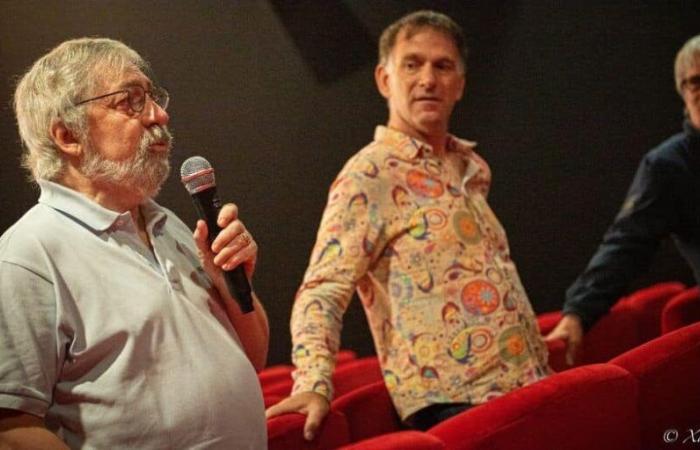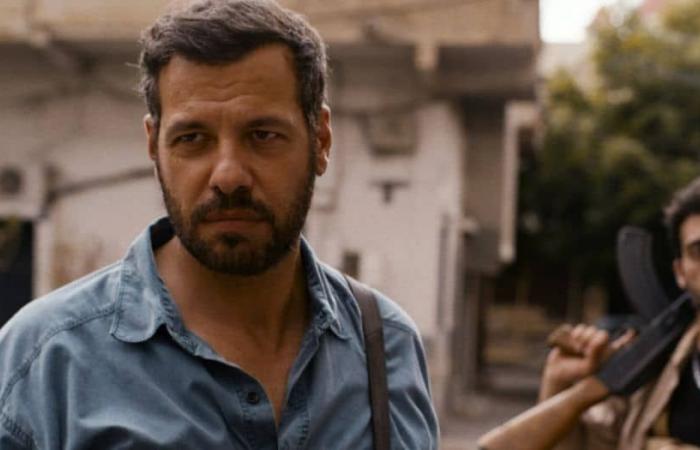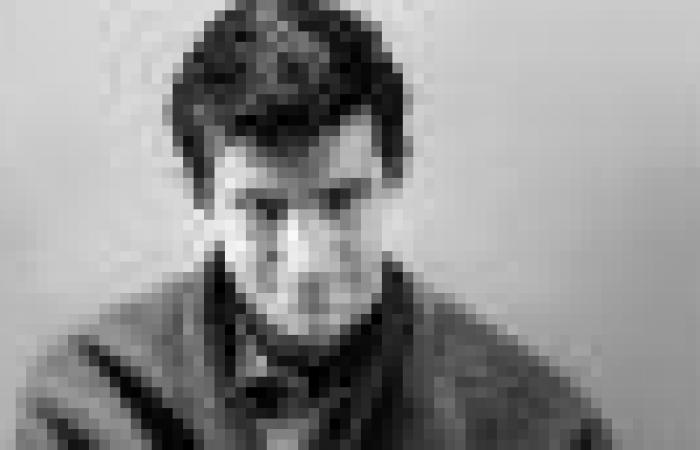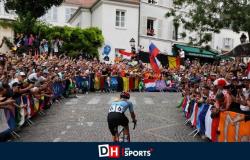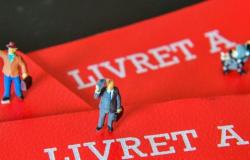On the occasion of the release of the film adaptation of his novel The Fourth Wall, winner of the Goncourt prize for high school students in 2013, Sorj Chalandon opens the doors to his literary universe and his unique experience as a former war reporter. Between moving memories, reflections on war and a lucid look at artistic creation, the author shares with emotion his relationship with the adaptation of his work. Meeting with a writer inhabited by the power of words and the weight of images.
Sorj Chalendon on the film “The Fourth Wall” : “To adapt is to offer a different point of view, another interpretation“
Culture Bubbles: When you are a writer, you can sometimes be reluctant about adaptations of your works. Is this your case with The Fourth Wall?
Sorj Chalandon : No not at all. For me, an adaptation is a new life for the story, the characters. Some say that “to translate is to betray” and that “to adapt is to betray”. It makes me bristle. Why would a director buy the rights to a book only to sell it? It’s absurd. Adapting means offering a different point of view, another interpretation, and it is the director’s film. This is not a copy and paste of the book, and it would be terrifying if it were. I believe a lot in this freedom.
Bulles de Culture: Is this the first time that your novel has been adapted?
Sorj Chalandon : No, the novel has already been adapted several times for the theater, in very different ways. In one version, for example, the story is taken not from the point of view of Georges, the main character of the book who chooses to put on the play, but of his wife who is waiting for him. In another, the ending is completely different. These variations enrich me. They in no way distort my book, they open it to other possibilities. With David Oelhoffen’s film, it’s yet another angle. For example, he chose not to include the whole French part, about the university and the militant side of Georges. It seemed right to me. Watching the movie, I even thought that maybe I should have written two different books focusing on the two parts respectively.
I want the artistic team to be completely free. I am neither a screenwriter nor a director.
Bulles de Culture: So you have no problem letting a director appropriate your work?
Sorj Chalandon : None. I remain available to answer questions if asked – on details, such as the weapons used by the militias, for example – but I do not impose myself. I want the artistic team to be completely free. I am neither a screenwriter nor a director. My role is to write the book. Their role is to reinvent it for another medium.
Bulles de Culture: In addition to being a writer, you are a major war reporter and have notably covered the conflict in Lebanon. Watching the film must have brought back memories.
Sorj Chalandon : The film moved me. By the accuracy of the settings, the sounds, the silences. It’s totally the vibe of Lebanon. I experienced the crossing of the green line, like Georges and Marwan in the film. One day, during a crossing under fire, a colleague from Le Figaro threw himself on me to protect me. He then said to me: “It will make me memories.” » These moments of fear, of absurdity, of solidarity, I relived them through the film. And it was disturbing to see how terrifyingly relevant these scenes remain.
Culture Bubbles: You mention current events. Do you think The Fourth Wall still resonates today?
Sorj Chalandon : Absolutely. When I wrote this book, I thought I was talking about a bygone past. But the news in the Middle East has not changed. It’s chilling. In 1982, I was in Beirut under bombs. Today, young people who will see the film have these same images on their social networks. Time seems to have stood still. And that makes the adaptation even more impactful.
“I want to believe that it is in the attempt, in the collective effort, that beauty resides”
Culture Bubbles: The film highlights the metaphorical aspect of the artistic project at the heart of the novel, this idea that a play could reconcile enemies. Do you believe in this power of art?
Sorj Chalandon : Yes, but with lucidity. A nine-millimeter bullet travels faster than a work of art. However, I want to believe that it is in the attempt, in the collective effort, that beauty lies. Even if this play could not be performed in the context of the novel, its existence symbolizes hope, an attempt against the inevitable. And I believe in this hope deeply.
Culture Bubbles: Do you ever return to Beirut?
Sorj Chalandon : Yes, but more as a journalist. Today, I’m going there as an author. But nothing has really changed. Beirut still bears the scars of conflict, and the port explosion destroyed neighborhoods previously untouched by the war. This country lives with permanent tension. What terrifies me is that the inhabitants are rearming. Not to attack, but to defend their street, their house. Like in the 80s. Neighbors become enemies from one street corner to the next.
Bulles de Culture: Your collaboration with David Oelhoffen seems to have been very harmonious.
Sorj Chalandon : Yes, and I am grateful. I am at his disposal, but I make sure to stay in the background. During previews, for example, I prefer that people talk about the film rather than the book. I am there as a witness, a support. This film is David’s work. He believed in my novel, and I believe in his film.
Learn more:
- Release date France: 01/15/2025
- Distribution France: The Pact

The latest articles by Antoine Corte (see all)

